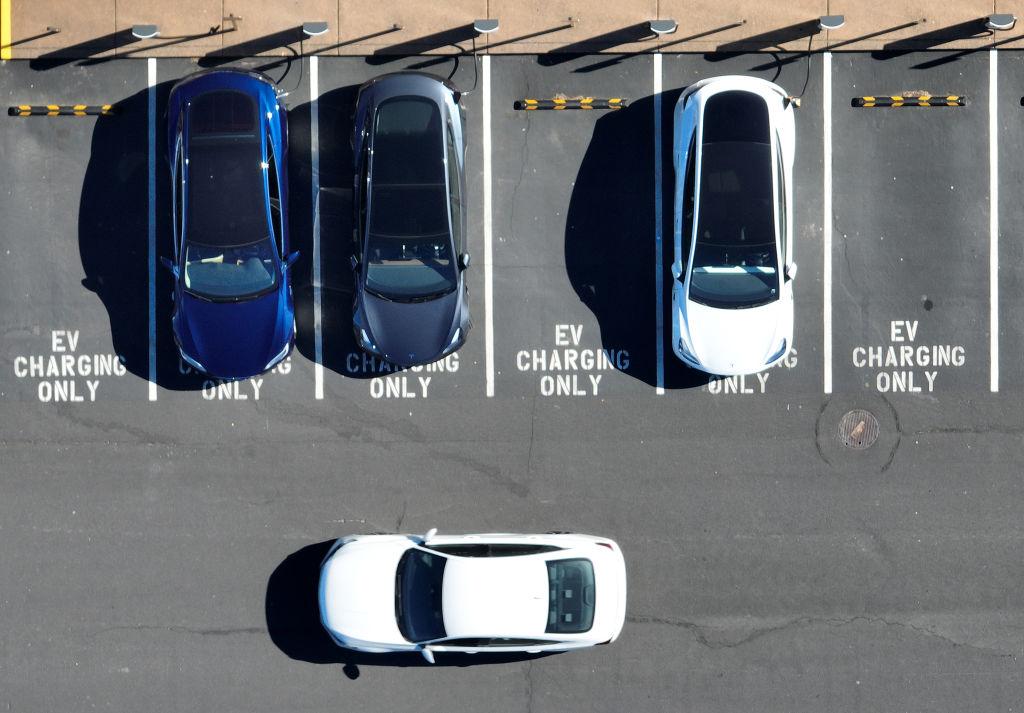In April, the US Department of the Treasury and the Internal Revenue Service (IRS) proposed a rule relating to the ‘new clean vehicle credit’ under the Inflation Reduction Act. The proposal would provide a tax credit of up to US$3,750 for American taxpayers who purchase an electric vehicle (EV) if a certain percentage of the value of the EV battery’s critical minerals are extracted or processed in the US, free-trade agreement countries (such as Australia) or countries with which the US has critical-mineral agreements (such as Japan).
However, the rule would disqualify EV purchasers from receiving both the US$3,750 critical-minerals tax credit and the US$3,750 battery-components tax credit if ‘any of the applicable critical minerals contained in the battery … were extracted, processed, or recycled by a foreign entity of concern [FEOC]’.
While the Treasury and the IRS have said they will issue ‘subsequent guidance’ on the definition of FEOC, if they adopt the Department of Commerce’s definition for the CHIPS and Science Act, it would include any entity with at least 25% ownership by an FEOC. Under current US law, FEOCs include companies ‘owned by, controlled by, or subject to the jurisdiction or direction of a government of a covered nation’, which includes China, Russia, Iran and North Korea.
Ostensibly, if batteries assembled in the US use lithium extracted in Australia but processed in China, that lithium would be considered processed by an FEOC, disqualifying EVs that use those batteries from both the critical-minerals tax credit and the battery-components tax credit.
Given the lack of clarity in the Treasury’s interim guidance as well as the lack of a final rule, opinions differ on whether the Treasury and IRS will adopt Commerce’s FEOC definition. The law firm Hogan Lovells believes ‘there is a good chance that Treasury will follow Commerce’s CHIPS Rule’ because ‘it would be strange for the two agencies to issue conflicting definitions’. Conversely, the law firm Covington & Burling writes, ‘While there is a good reason to adopt a single interpretation for the same term in nearly concurrently-enacted statutes, Treasury is not bound to apply the CHIPS Act interpretation of “foreign entity of concern”’ to the Inflation Reduction Act. Nonetheless, the US government seems likely to adopt a uniform FEOC definition across government entities.
Consequently, EV companies selling in the US market will likely avoid sourcing minerals from—and investing in—Australian mineral projects with Chinese ownership. For example, Australia’s Greenbushes lithium mine would likely be deemed an FEOC since the Chinese company Tianqi holds 26% ownership, disqualifying any EV batteries that source Greenbushes lithium from Inflation Reduction Act tax credits.
American EV companies may also purchase less Australian-mined materials and invest less in Australian mines because Australian mining companies often rely on Chinese refineries. Since Australia lacks substantial refining capacity, it ships many of its minerals to China for processing—for instance, 90% of all lithium produced in Australia is refined in China. Under the proposed rule, EVs with batteries containing Australian-mined, Chinese-refined minerals would be ineligible for the EV tax credits.
If Australia wants companies that sell EVs in the US to source Australian-produced minerals and invest in Australian mineral projects, the Australian government could provide grants and loans to Australian companies for processing minerals into battery materials like nickel sulfate and cobalt sulfate, as well as precursor cathode active material and cathode active material. At the Darwin Dialogue in April, Resources Minister Madeleine King noted, ‘We can build on our advantages, countering national and regional supply risks by building our processing capabilities and moving up the value chain.’ Indeed, Prime Minister Anthony Albanese recently announced a $2 billion expansion in the Critical Minerals Facility, bringing the total financing available for Australian critical-mineral projects—including processing facilities—to $6 billion.
Australian mining companies could also seek to partner in processing projects in the US, other free-trade-agreement countries, and critical-mineral agreement countries, enabling Australian-mined critical minerals to qualify for the Inflation Reduction Act’s tax credits. Alternatively, Australia could seek to decrease Chinese ownership by requiring Chinese divestment from Australian critical-mineral companies and projects. To prevent further Chinese investment, Australia’s Foreign Investment Review Board could more tightly screen investments in the minerals sector too.
Nonetheless, without further updates from the Treasury and IRS—which are expected by the end of the year—Australian companies can’t fully understand how to comply with the Inflation Reduction Act’s FEOC definition. Moreover, US Senator Joe Manchin, a vocal critic of the proposed rule, said he will support suing the Biden administration once the final rule is released. Thus, the final FEOC definition could change and, consequently, its implications for Australia.


